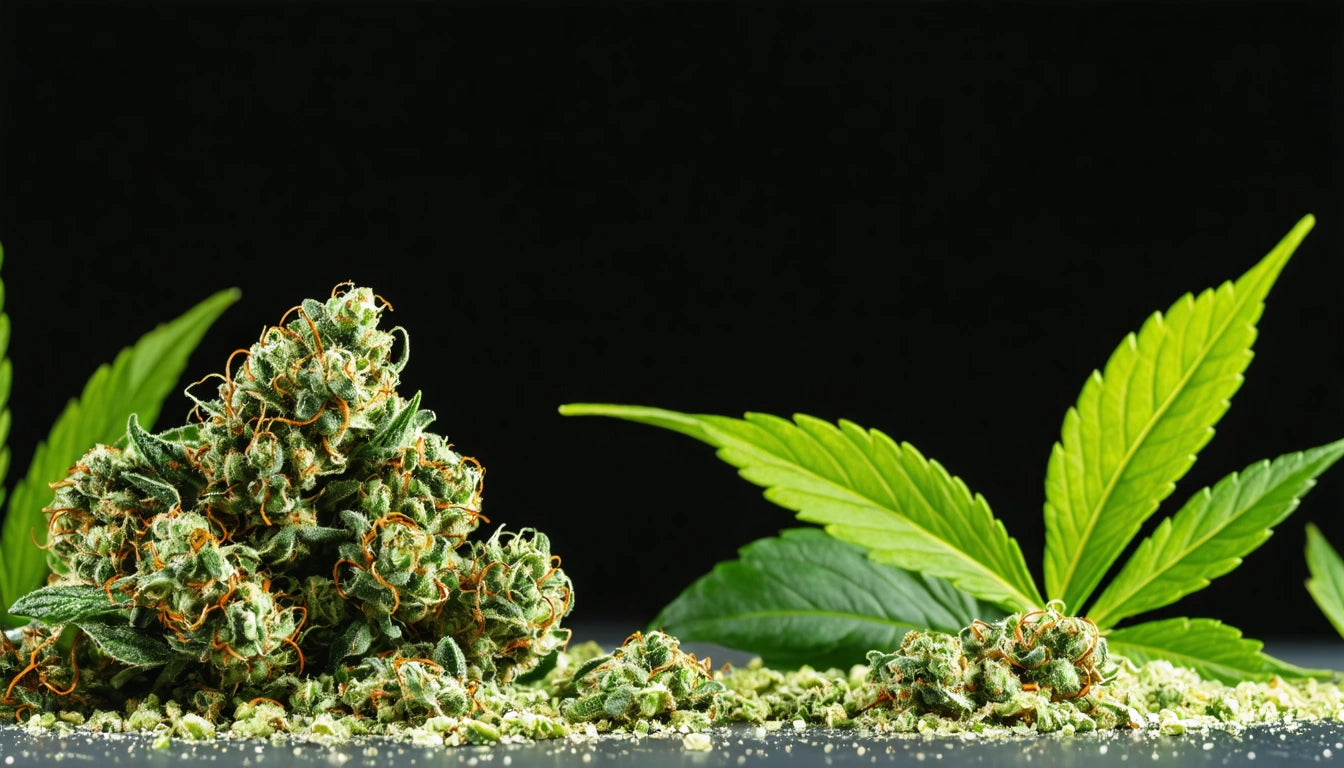Table of Contents
- DUI Felony Basics: Understanding the Difference
- DUI Felony Thresholds by Region
- Aggravating Factors That Elevate DUIs to Felonies
- Legal Consequences of Felony DUI Convictions
- Defense Strategies and Legal Representation
- State-by-State Comparison: DUI Felony Thresholds
- Future of DUI Legislation: Trends and Developments
When Does a DUI Become a Felony? A State-by-State Guide
Driving under the influence (DUI) charges vary significantly across the United States, with each state determining when these offenses escalate from misdemeanors to felonies. Understanding these thresholds is crucial for anyone facing charges or seeking to avoid serious legal consequences. This comprehensive guide examines how states like Alabama, Wisconsin, and Montana handle repeat DUI offenses and when they become felony charges.
DUI Felony Basics: Understanding the Difference
A DUI typically starts as a misdemeanor offense but can escalate to a felony based on several factors. The distinction is significant as felonies carry much harsher penalties, including longer prison sentences, higher fines, and more lasting impacts on employment and civil rights. Similar to how marijuana possession laws vary by state, DUI laws show considerable variation in their approach to repeat offenders.
Most states consider factors such as:
- Number of previous DUI convictions
- Time frame between offenses (lookback periods)
- Blood Alcohol Concentration (BAC) at time of arrest
- Presence of minors in the vehicle
- Whether injuries or fatalities occurred
DUI Felony Thresholds by Region
Southern States: Alabama and Neighbors
In Alabama, the question of how many DUIs is a felony has a clear answer: a fourth DUI within a 5-year period becomes a Class C felony. This places Alabama in the middle range of strictness compared to neighboring states. For context, Alabama's approach to DUI enforcement mirrors its cautious approach to cannabis regulation, with both systems emphasizing public safety concerns.
Alabama's penalties for a felony DUI include:
- 1-10 years in state prison
- Fines up to $10,000
- Mandatory installation of ignition interlock devices
- Permanent driver's license revocation (with possibility of reinstatement after 5 years)
Midwest States: Wisconsin and Surrounding Areas
Wisconsin has one of the more complex systems for determining how many DUI's is a felony. In Wisconsin, a fourth offense is a felony if it occurs within 5 years of the previous conviction. However, all DUI offenses become felonies after the fourth regardless of timing. Wisconsin also considers Operating While Intoxicated (OWI) offenses that involve injury or death as felonies, even for first-time offenders.
Our team at Marijuana Packaging has seen how proper organization tools like efficient grinding equipment for processing materials can help businesses maintain compliance, much like how understanding legal thresholds helps individuals avoid serious offenses.
Western States: Montana and the Mountain Region
For those wondering how many DUIs is a felony in Montana, the answer is four. Montana considers a fourth DUI offense a felony regardless of the timeframe between convictions. This permanent lookback period makes Montana's laws particularly strict compared to states with limited lookback windows.
Montana's felony DUI penalties include:
- 13 months to 2 years in state prison
- Fines up to $10,000
- 5-year license revocation
- Mandatory alcohol treatment programs
Aggravating Factors That Elevate DUIs to Felonies
Beyond repeat offenses, several aggravating factors can elevate a DUI to a felony charge even for first-time offenders:
- Extremely high BAC levels: Many states impose enhanced penalties for BAC readings significantly above the legal limit (typically 0.15% or higher)
- Driving with a suspended license: Operating a vehicle while under license suspension from a previous DUI
- Child endangerment: Having minors in the vehicle during a DUI offense
- Causing injury or death: DUIs resulting in accidents with injuries or fatalities almost always result in felony charges
These factors apply across most states, though the specific thresholds vary. Similar considerations exist in cannabis DUI enforcement, where impairment standards continue to evolve.
Legal Consequences of Felony DUI Convictions
A felony DUI conviction carries significant long-term consequences beyond the immediate legal penalties:
- Loss of voting rights (in many states)
- Prohibition from owning firearms
- Difficulty obtaining employment
- Housing restrictions
- Ineligibility for certain professional licenses
- Immigration consequences for non-citizens
- Significantly higher insurance rates
These collateral consequences often last far longer than the prison sentence or probation period, creating lasting impacts on quality of life and opportunity.
Defense Strategies and Legal Representation
When facing potential felony DUI charges, proper legal representation is essential. Defense strategies often focus on:
- Challenging the legality of the traffic stop
- Questioning breathalyzer or blood test accuracy
- Examining police procedure for errors
- Negotiating plea agreements to lesser charges
- Pursuing alternative sentencing options like treatment programs
Understanding felony sentencing guidelines is crucial when navigating these complex legal waters.
State-by-State Comparison: DUI Felony Thresholds
Here's how selected states compare regarding when DUIs become felonies:
- Alabama: 4th offense within 5 years
- Wisconsin: 4th offense (within 5 years) or any offense after the 4th
- Montana: 4th offense (lifetime)
- California: 4th offense within 10 years
- New York: 3rd offense within 10 years
- Texas: 3rd offense (lifetime)
- Arizona: 3rd offense within 7 years
- Colorado: 4th offense (lifetime, though technically still a misdemeanor with felony-level penalties)
- Florida: 3rd offense within 10 years or 4th offense (lifetime)
This variation highlights the importance of understanding local laws, especially for those who travel or relocate frequently.
Future of DUI Legislation: Trends and Developments
DUI legislation continues to evolve, with several notable trends emerging:
- Lowering felony thresholds: Many states are reducing the number of offenses required for felony charges
- Extending lookback periods: More states are moving toward longer or permanent lookback periods
- Expanding definition of impairment: Including substances beyond alcohol, particularly as marijuana legalization spreads
- Technology integration: Increased use of ignition interlock devices and monitoring systems
- Alternative sentencing: Greater emphasis on rehabilitation for certain offenders
These changes reflect growing public concern about impaired driving and its consequences, balanced against recognition of addiction as a public health issue requiring treatment approaches.
Understanding when a DUI becomes a felony is essential knowledge for all drivers. The significant variation across states like Alabama, Wisconsin, and Montana demonstrates the importance of familiarity with local laws. As with many aspects of criminal law, prevention through responsible decision-making remains the best strategy for avoiding these serious legal consequences.











Leave a comment
All comments are moderated before being published.
This site is protected by hCaptcha and the hCaptcha Privacy Policy and Terms of Service apply.